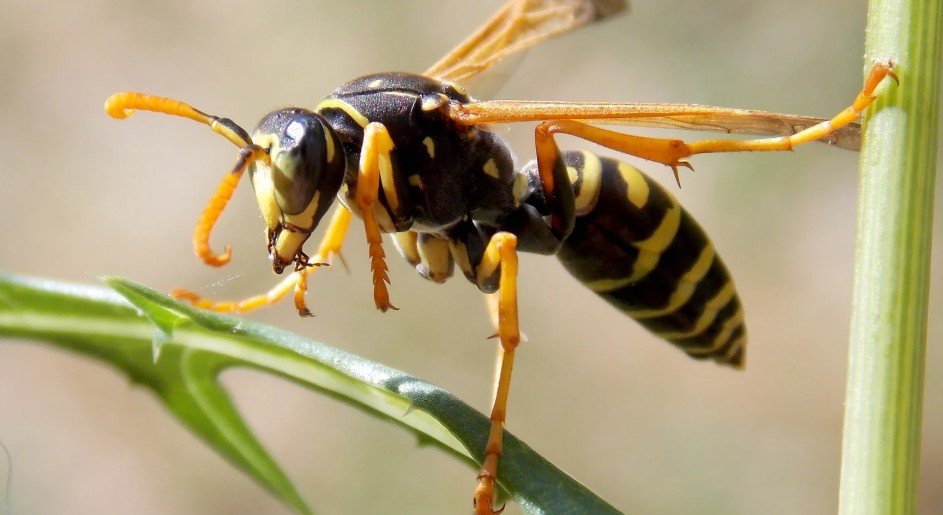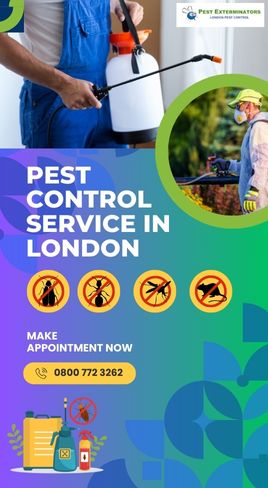
Wasps are fascinating yet often intimidating creatures. Their sharp stings and aggressive nature make them unwelcome guests for many of us, especially when we find them buzzing too close for comfort.
But what happens if you kill one? Many people wonder if killing a wasp will attract others. The answer lies in the unique biology and social behavior of these insects. Let’s delve into this intriguing question and explore how to handle wasps safely.
Why Killing a Wasp Might Attract Others?

Here are some key reasons killing a wasp can attract more:
- Alarm Pheromones: When a wasp is crushed or injured, it emits alarm pheromones that alert nearby wasps. These chemicals can make other wasps highly defensive and more likely to sting.
- Nest Defense: If you kill a wasp near its nest, the alarm pheromones may signal other members of the colony to mobilize. Wasps are fiercely protective of their nests, and they will swarm to defend their home.
- Aggression Amplification: Alarm pheromones not only attract wasps but also increase their aggression. If you are near a nest or a group of wasps, this could lead to multiple stings and a dangerous situation.
What to Do Instead of Killing Wasps?
Killing wasps might seem like an immediate solution, but it’s not always the safest or most effective approach. Here are some alternative strategies:
- Stay Calm: Wasps are more likely to sting if they perceive a threat. Avoid sudden movements, and calmly move away from the area.
- Avoid Swatting: Swatting or attempting to kill a wasp increases the likelihood of releasing alarm pheromones. Instead, give the wasp space to leave on its own.
- Use Wasp Repellents: Natural repellents, such as peppermint oil or citronella, can deter wasps without provoking them. Spray these in areas where wasps are likely to gather.
- Call a Professional: If you have a wasp infestation or a nest near your home, it’s best to contact pest control professionals. They can safely remove the nest and handle the situation without endangering you or your family.
- Preventive Measures: Seal cracks and crevices around your home, and keep food and sugary drinks covered to reduce the likelihood of attracting wasps in the first place.
When Killing May Be Necessary?

In some cases, killing a wasp may be unavoidable, such as when one is trapped indoors or poses an immediate threat. If you must kill a wasp, try to do so away from its nest and other wasps. Using a spray insecticide from a safe distance is often the best option, as it minimizes the release of alarm pheromones.
Final Thoughts
While killing a wasp might seem like a quick fix, it often creates more problems than it solves, potentially attracting others and escalating the situation. Instead of taking risks, consider safer, pest control-friendly solutions. If wasps are becoming a persistent problem around your home, reaching out to a professional pest control service is the most effective and secure option.





